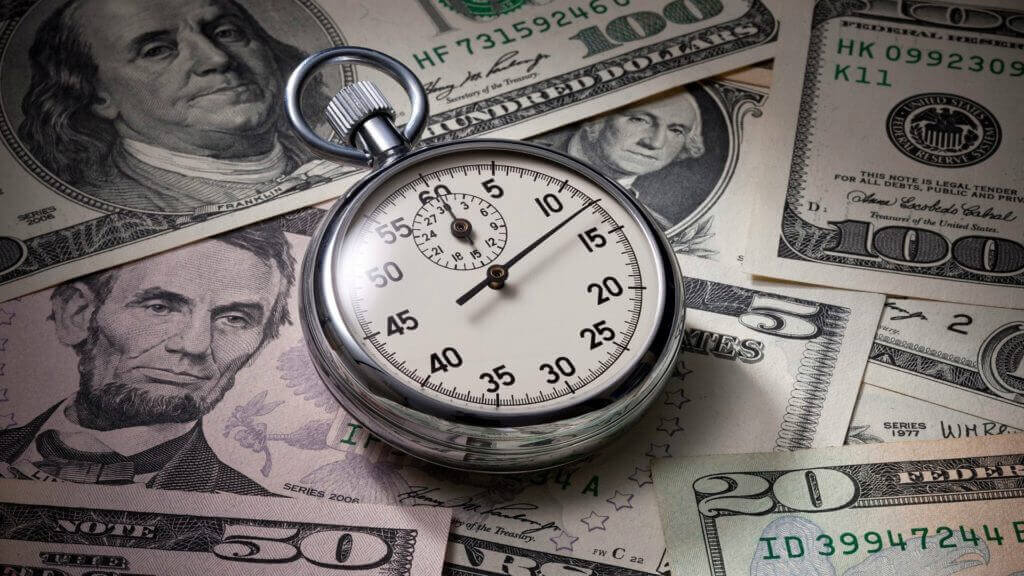
Reviewing, assessing, and responding to leads is a vital duty of any hotel or event venue’s sales team.
NB: This is an article from Cvent
The process, however, can be incredibly time-consuming and tedious. Reading lengthy requests, checking availability, calculating potential profits, and preparing quality proposals can eat up a large chunk of your day.
Subscribe to our weekly newsletter and stay up to date
In an effort to streamline the proposal process and win more business, many venues have turned to RFP response automation for help.
We’ll dissect RFP response automation and how it works. In addition to discussing what response automation is and why it’s such a powerful tool, we’ll explore how hotels and event venues can benefit from automated lead management.
Discover the benefits of RFP response automation
From organising RFPs and evaluating leads to calculating bids and generating proposals, hoteliers, sales directors, venue managers, and other hospitality professionals can benefit from RFP response automation.
What is RFP response automation?
RFP response automation is the process of establishing a set of rules, guidelines, and goals that allows intuitive software to respond to leads on your behalf. Response automation condenses the lead response process so that your team can quickly review, analyse, and bid on MICE business. Hotels and event venues who automate their RFP proposal process can boost their lead response time, increasing the number of proposals they send out while reducing the time it takes to send them.
How does RFP Response automation work?
Automated RFP management systems gather data, analyse it, and use that data analysis to generate intelligent lead proposals. While automated systems use complex algorithms and calculations to determine a proposal price, the process itself is actually quite simple. In fact, there are only two primary stages in RFP response automation: lead evaluation and response.
Stage 1: Automated lead evaluation
In the lead evaluation stage, automation tools assess and rank incoming RFPs based on a venue’s availability, booking history, the size of the group, profit potential, and other key factors. RFPs are analysed and evaluated to determine whether the event is a good fit based on the venue’s occupancy, pickup history, established lead response guidelines, and real-time market insights.
Stage 2: Automated response generation
Venues establish RFP response automation guidelines to determine how automated their proposal process will be. Receive automated rate suggestions, alternate availability options, and market insights to help your sales team draft intelligent proposals quickly.
During crunch time, let automated tools manage the system entirely by evaluating leads, auto-generating proposals, turning down business, and communicating with planners on your behalf. On average, planners send RFPs to ten different venues. Responding late, or failing to respond at all, could drive valuable business into the arms of the competition.
Response automation tools utilise pre-loaded proposal selections, real-time competitive market data, and automated booking analysis to significantly reduce the time required to craft high-quality and professional proposals. Moreover, automating tedious parts of the RFP response process can reduce the risk of manual entry errors and connect with planners before the competition.




